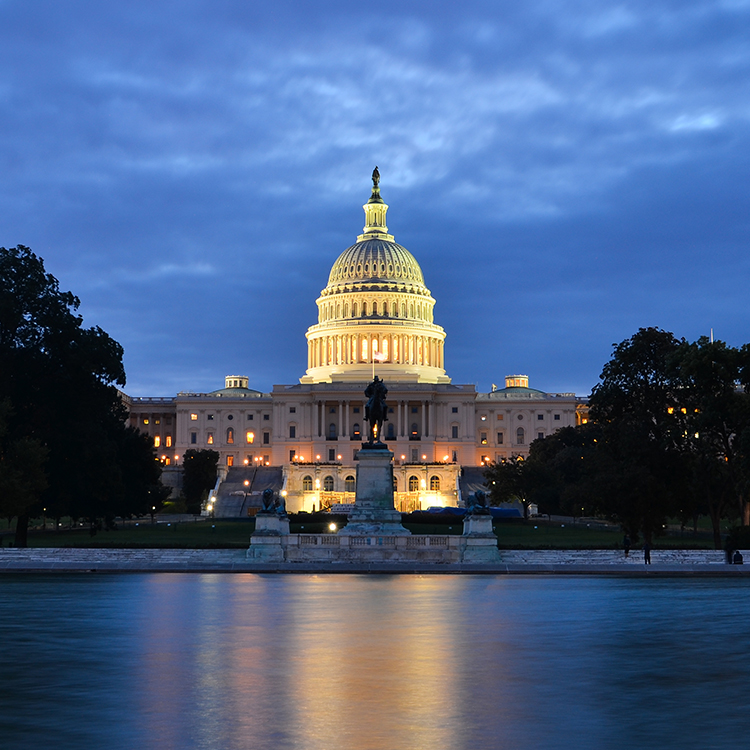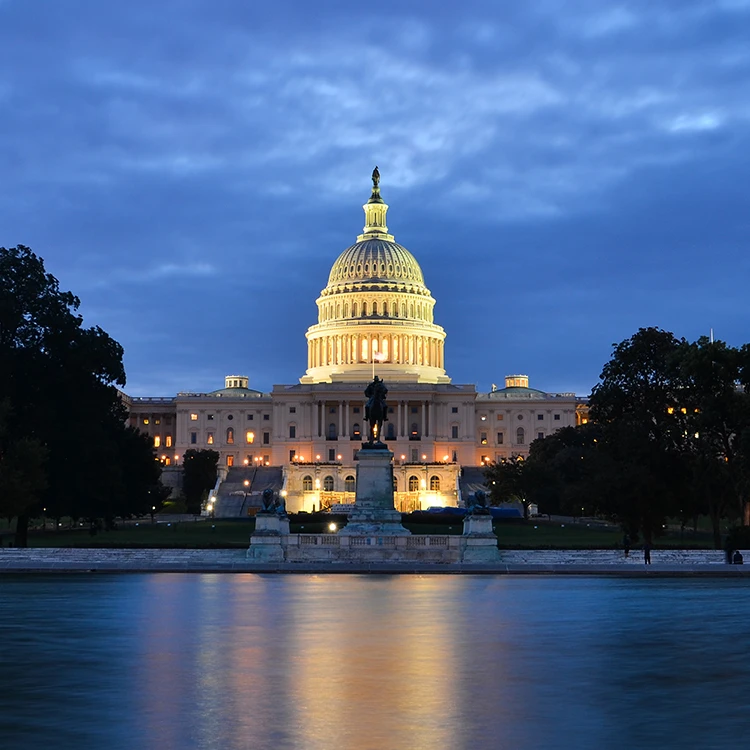- Contact Us Now: (202) 589-1834 Tap Here to Call Us
Third Circuit Supports FTC On “Pay for Delay”
On July 16th, the Third Circuit Court of Appeals ruled that pharmaceutical “pay-for-delay” settlements whereby cash is paid from a patent holding company to a generic manufacturer that agrees not to enter a market as prima facie evidence of an antitrust violation. The Third Circuit rejects the more lenient standard adopted by the other Circuit Courts. With the circuit courts split on the issue, the issue is now ripe for Supreme Court review.
The case, In re K-Dur Antitrust Litigation, involved Schering-Plough Corporation (“Schering”), the manufacturer of K-Dur 20, a brand-name sustained-release potassium chloride supplement, making two “reverse payment” settlements to generic manufacturers Upsher-Smith Laboratories (“Upsher”) and ESI Lederle (“ESI”).
Schering did not hold a patent for the potassium chloride salt because the compound is commonly known and not patentable. Instead, Schering held a patent for the controlled release coating. While the coating was under patent protection, Upsher and ESI sought approval from the FDA of generic versions of a potassium chloride supplement that each used a respectively different coating. To receive approval, both companies claimed that Schering’s patent would not
be infringed by their generic versions. Schering sued each for patent infringement. Each case, however, reached a settlement agreement whereby Schering would, among other things, pay the generic manufacturers to not produce the generic drug until Schering’s patent expired.
In the Second, Eleventh, and Federal Circuits, this type of agreement would be allowed. There, the courts would not subject this settlement to antitrust scrutiny unless: (1) the settlement exceeded the scope of the patent, or (2) the underlying patent infringement suits were objectively baseless. This test is commonly known as the “scope-of-the-patent test.” While, as the Second Circuit pointed out, this rule produces troubling results if the underlying patent is unsound or the infringement is unclear, that risk is counterbalanced by the judicial preference for settlement. That preference was important to all the Circuits that endorsed the “scope-of-the-patent test.”
But Judge Sloviter, writing for a unanimous Third Circuit panel, rejected the “scope-of-the patent test.” She reasoned that the test: (1) assumes away “the question being litigated in the underlying patent suit,” by creating an “almost unrebuttable presumption of patent validity,” and (2) ignores Supreme Court precedent that encourages judicial testing of patent validity and admonishes “grant[ing] monopoly privileges to the holders of invalid patents.” Moreover, while there is a judicial preference for settlements, that preference “should not displace countervailing public policy objectives.” In this case, the Court noted that legislation expressed a clear preference for litigating patent challenges because they are “necessary to protect consumers from unjustified monopolies by brand drug manufacturers.”
As a result, the Third Circuit adopted a “quick look” rule of reason analysis to all “reverse payments between patent holders and would be generic competitors in the pharmaceutical industry.” In the Third Circuit, there is a rebuttable presumption of an unreasonable restraint of trade whenever a name brand patent holder makes a payment to a generic patent challenger in exchange for a delayed entry into the market. Showing either that the payment was for something other than delayed entry into the market, or that it “offers some pro-competitive benefit” may rebut that presumption. The Court stated that they were specifically following the approach outlined by the DC Circuit in Andrx Pharms., Inc. v. Biovail Corp. Int’l, 256 F.3d 799 (D.C. Cir. 2001).
Mike Jones
(202) 589-1834
mjones@dbmlawgroup.com





